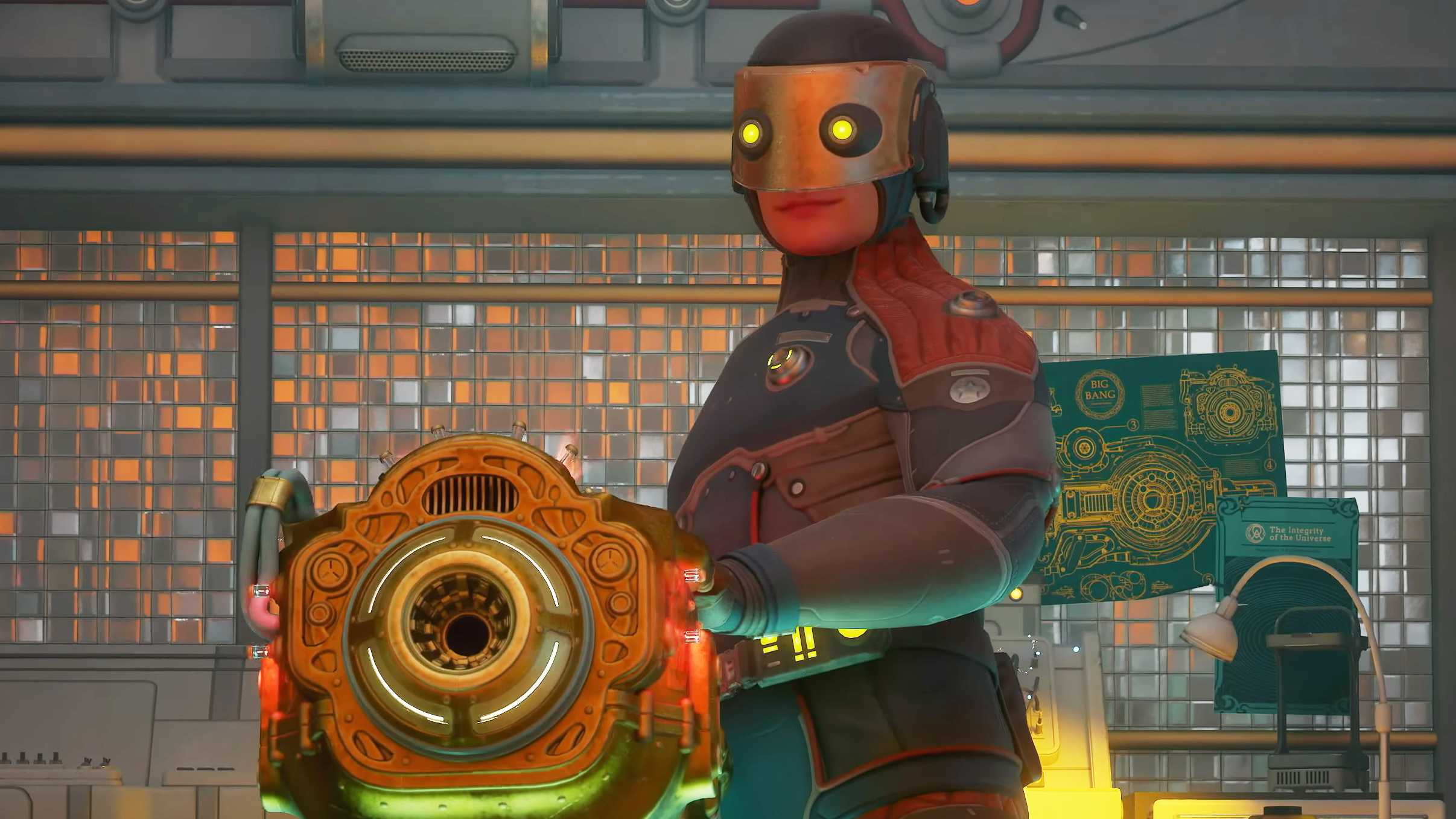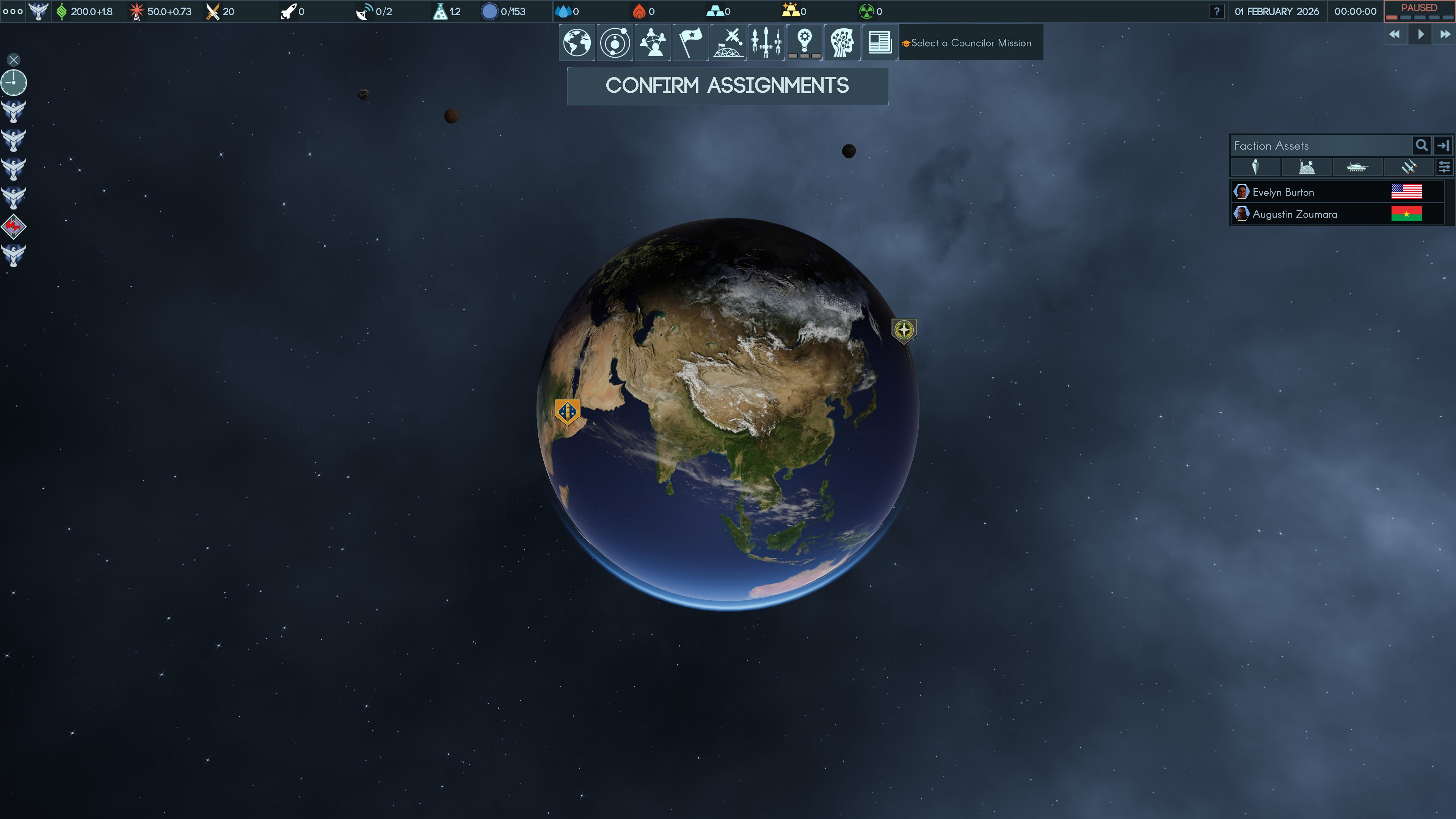'In a true RPG, you need to think about what is happening': RPGs have been coddling us, says Outer Worlds 2 director, who's glad to see games like Baldur's Gate 3 let players make mistakes
RPGs started coddling us too much, but it looks like they're trending in the other direction, says Brandon Adler.

I tried playing the original Baldur's Gate as a kid, but I had next to no understanding of D&D in 1998 and wound up bouncing off BioWare's legendary RPG because I just kept dying. Over time, some of the more esoteric aspects of videogame RPGs were sanded away, and when BioWare got to the action RPGs of the Mass Effect series, I had no problem joining the party. (It probably also helped that I was no longer 13 years old.)
But something was lost when RPGs became blockbusters rather than adaptations of pen-and-paper games, and The Outer Worlds 2 game director Brandon Adler is happy to see RPGs like Baldur's Gate 3 force players to pay more attention to their build choices and the game world.
"In general, it feels like many games, but RPGs in particular, are like, 'Well, you're not allowed to make bad choices, so every character build is viable, and we make sure that no matter what you do, everything's going to be fine,'" Adler told GamesRadar+ in a recent interview. "And you know, the problem with that, at least in my opinion, is that for those choices to matter, they have to be things that could be good or bad, depending on what you're doing."
Adler recounted watching streamers make bad character builds in The Outer Worlds 2, noting that their choices were "perfectly fine and valid ways to play"—whether they were experimenting or just didn't understand the game—and that they'd be able to roll credits, but would "have a harder time of it."
The game director also commented on the way objective markers have replaced the need to actually listen to what NPCs are saying, and I am definitely guilty of smashing the skip button to get on with things.
"In a true RPG, you need to think about what is happening while you're playing through the game," Adler said. "You have to be willing to engage with a game. I'm starting to see a lot more of that now, as I see things like the Baldur's Gate 3s of the world coming out. I think that, yeah, it is starting to go back in that direction. I think that's great, because I think that people are really going to enjoy kind of relearning how RPGs can really allow this kind of player choice that maybe they've been missing over the past little while."
I think one factor here is that mainstream tabletop RPG literacy has increased a lot since the '90s and 2000s, and we're seeing that reflected in videogames (thankfully minus the THAC0). It's no coincidence that Baldur's Gate 3 was a hit at the same time that D&D and tabletop gaming were also surging in popularity, in part thanks to shows like Critical Role and Dimension 20.
Keep up to date with the most important stories and the best deals, as picked by the PC Gamer team.

1. RTX 5060 laptop | Lenovo LOQ 15 | $810 (save $490)
2. 1 TB SSD | Lexar NM790 | $66 (save $24)
3. Gaming chair | Corsair TC100 Relaxed | $160 (save $110)
4. 4K OLED monitor | MSI MAG | $750 (save $150)
5. GPU | ASRock RX 9070 XT | $640
👉Check out our full list of deals👈

Tyler grew up in Silicon Valley during the '80s and '90s, playing games like Zork and Arkanoid on early PCs. He was later captivated by Myst, SimCity, Civilization, Command & Conquer, all the shooters they call "boomer shooters" now, and PS1 classic Bushido Blade (that's right: he had Bleem!). Tyler joined PC Gamer in 2011, and today he's focused on the site's news coverage. His hobbies include amateur boxing and adding to his 1,200-plus hours in Rocket League.
You must confirm your public display name before commenting
Please logout and then login again, you will then be prompted to enter your display name.

